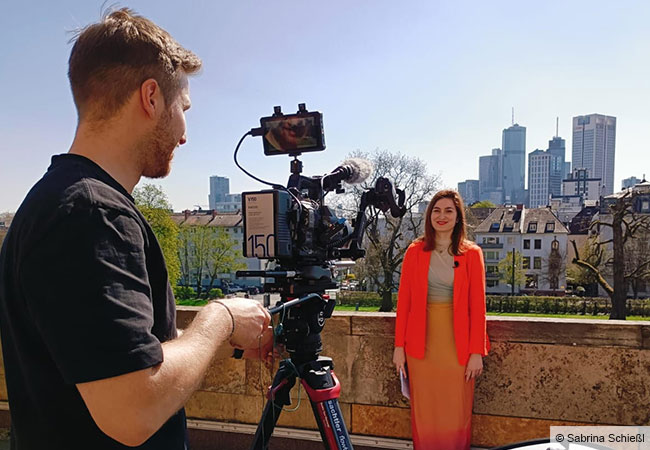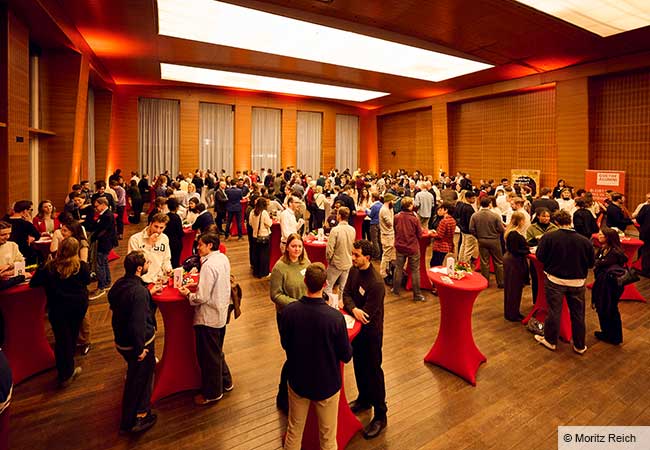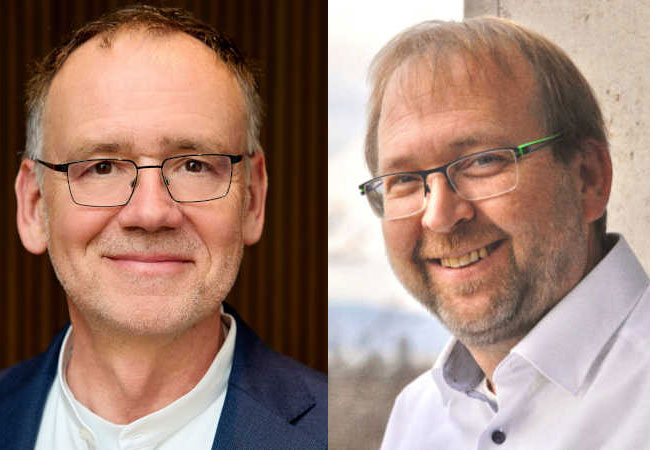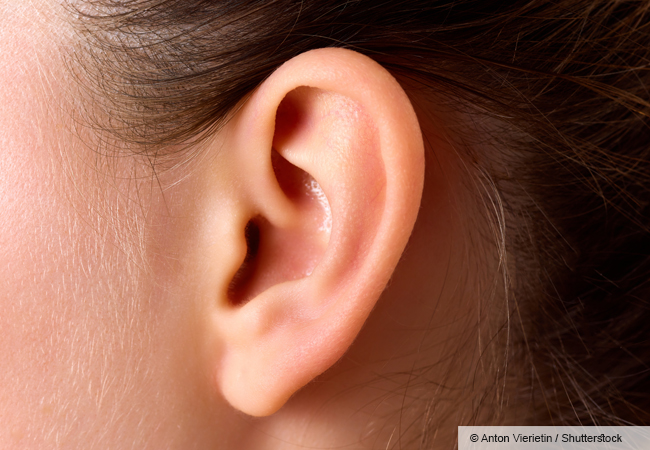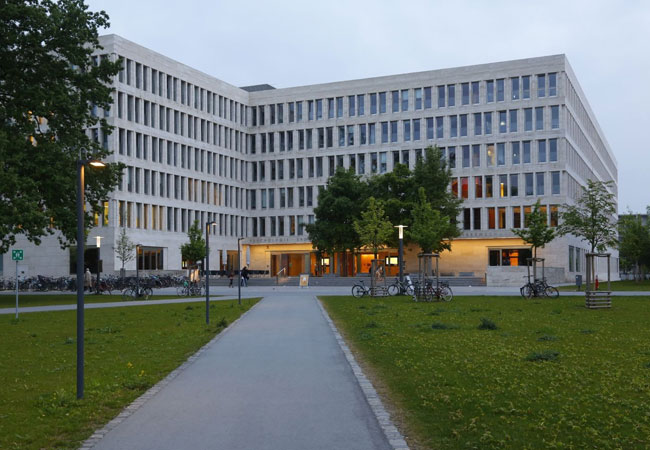 Once an SPD voter, always an SPD voter? This kind of consistency in voting behaviour is long gone. But what does the decreasing alignment of voters with political parties mean for parliamentary representation? Professor Thomas Zittel from Goethe University is looking into this questions together with an international team of researchers. The research group successfully won a grant from the German Research Foundation’s (DFG) Open Research Area (ORA) Programme.
Once an SPD voter, always an SPD voter? This kind of consistency in voting behaviour is long gone. But what does the decreasing alignment of voters with political parties mean for parliamentary representation? Professor Thomas Zittel from Goethe University is looking into this questions together with an international team of researchers. The research group successfully won a grant from the German Research Foundation’s (DFG) Open Research Area (ORA) Programme.
The ORA project bears the title “The Nature of Political Representation in Times of Dealignment,” and examines the connection between citizens and parliament, which is essential for democracy. The last thirty years show a clear trend in this relationship: as mediating agent between citizen interests and parliamentary decision-making, political parties have lost the ability to provide linkage. How does this affect the way citizen interests are perceived and represented by parliamentary elites? While analyzing the behaviours of legislators in a mixed-methods approach, the international research team will investigate whether geographic and social ties between individual members of parliament and voters offer an alternative to, or an enhancement of, collective representation by political parties.
Zittel will closely collaborate with Prof. Rosie Campbell (King’s College London) and Prof. Tom Louwerse (Leiden University) in this project. The team will be funded for a period of two years and three months with a total of € 800,000. Zittel’s team is one out of 16 research teams that successfully applied for the fifth ORA Open Call (more than 300 pre-proposals were submitted in a two-stage process; 63 teams were invited to submit full proposals). ORA, which stands for Open Research Area, is run by the national research organizations of France (ANR), Germany (DFG), the Netherlands (NWO), and United Kingdom (ESRC).
Further information on the fifth ORA Open Call here.



